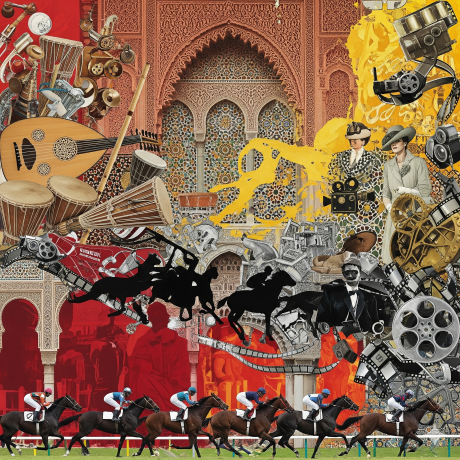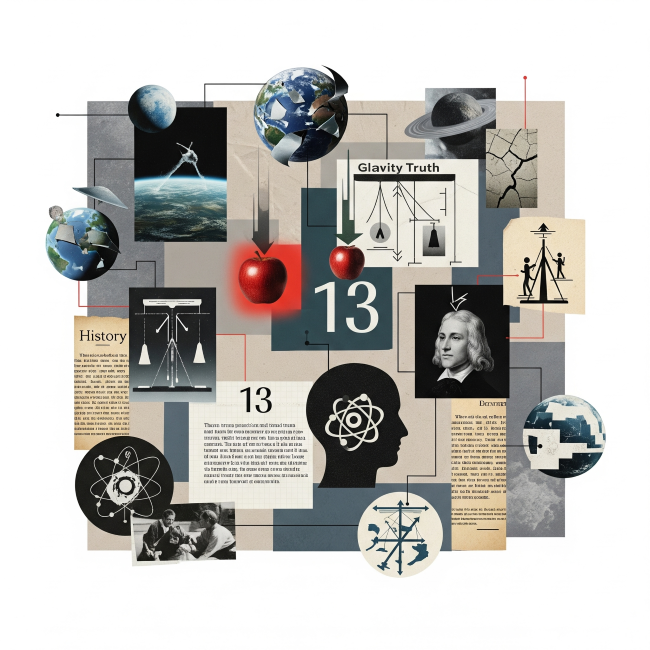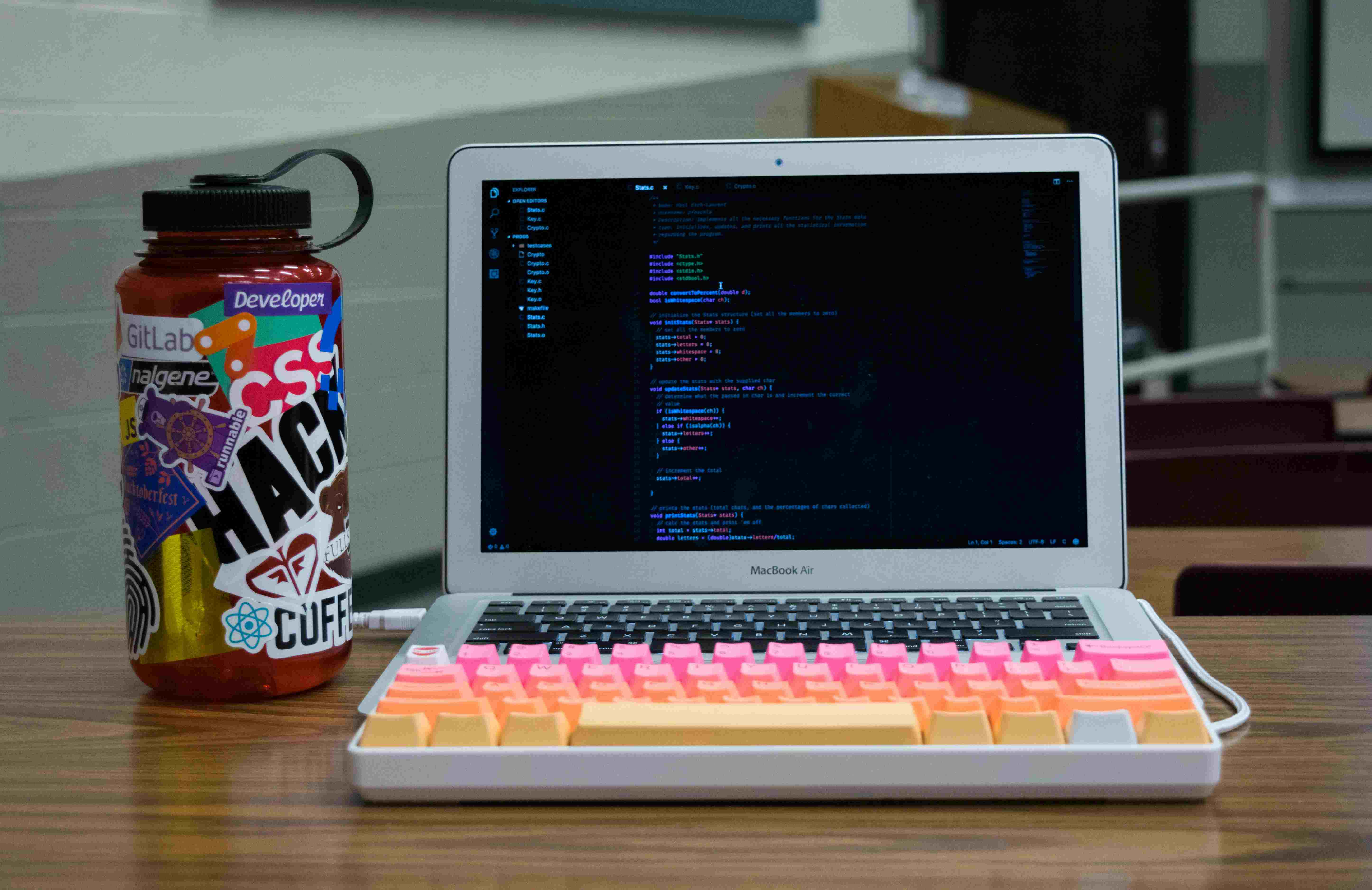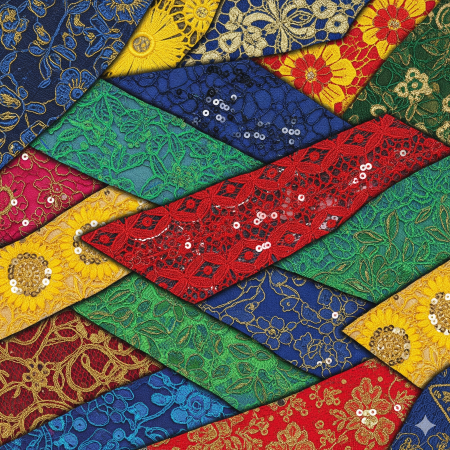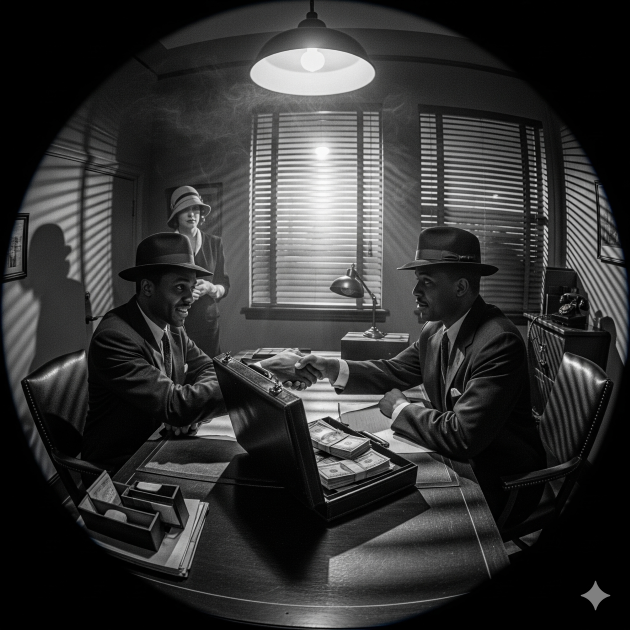Big Brother Naija And The Six Psychology Theories Behind It

The Chaos That Hooks Us
Big Brother Naija is easy to dismiss. At first glance, it feels like a chaotic mix of shouting matches, love triangles, strategy-driven friendships, and internet-breaking slang. It is loud, dramatic, often messy. But if you look a little closer, you will find something deeper. Despite all its excesses, Big Brother Naija often becomes a fascinating psychological and socio-political study. It gives us a rare, unfiltered view into how people behave under pressure, in isolation, and in pursuit of recognition or reward.
It shows us how humans navigate betrayal, build alliances, chase community, and ultimately do whatever it takes to survive and win. It is also a cultural thermometer, revealing the values, desires, and conflicts that are shaping Nigeria today.
Pressure as a Revealer of Character
Image Credit: The BBC
Inside the house, everything is stripped to the essentials. The contestants are taken away from family, work, the internet, and the normal structures of life. All they have is each other, the watchful eyes of the cameras, and the knowledge that millions of people are watching and judging.
You begin to see what drives them, what frightens them, and how far they will go to stay relevant. Some lie, some manipulate, others stay quiet or lean into the idea of being authentic. Every action is a clue about how people make decisions when survival is on the line.
A Microcosm of Nigeria
The house becomes a microcosm of the country. It compresses the politics of identity, power, gender, and class into a single, watchable space. When a housemate tries to dominate the group through aggression or charm, we are reminded of the way leadership often works outside the house. When people start forming cliques or alliances, we see how tribalism, favoritism, or strategy plays out.
Even the conversations in the house—about relationships, money, respect, or ambition, are telling. They show us what ideas are resonating, what emotions people are sharing, and what kind of personality the country is currently embracing. Whether it is boldness, rebellion, softness, or strategy, the house gives us a glimpse into how Nigeria is evolving, socially and emotionally.
The Values in Our Votes
The voting patterns also reveal something important. Who the public chooses to save or evict tells us what values Nigerians are currently drawn to. Sometimes it is loyalty. Other times, it is confidence, drama, or even physical beauty. When someone who is seen as arrogant is evicted, it may suggest the public is craving humility. When a “street-smart” contestant wins hearts, it could be a nod to the hustle culture that now defines our youth. These are more than just entertainment choices. They are cultural statements about what matters to people today.
Perhaps Big Brother Is a Psychologist
Image Credit: Dstv
Psychologists have long studied what happens when people are stripped of context. When familiar cues and comforts vanish, all that is left is the self: exposed, defensive, and improvising. The Big Brother house, perhaps unintentionally, offers a kind of public laboratory for these dynamics. To better understand why people behave the way they do in such high-stakes, high-surveillance environments, let us look at several psychological theories that shape and reveal what unfolds behind the two-way mirrors.
Identity and the Looking Glass
One of the clearest patterns to emerge in the house is explained bySocial Identity Theory. Contestants splinter into alliances almost immediately. The need to belong to a group is primal. The split between “us” and “them” is not just a game move; it is a psychological strategy for safety. That group belonging can feel like a lifeline—until it doesn’t.
When alliances break down, the emotional fallout is intense. These betrayals often trigger what psychologists call cognitive dissonance. A contestant may lie, flip, or betray someone they previously swore loyalty to.
When that behavior conflicts with their self-image, it creates inner tension. To resolve it, they offer justifications. “It’s just a game,” they might say. “Anyone would have done the same.” These rationalizations may help in the moment, but they often feel empty when replayed on screen for viewers who see the contradictions more clearly.
The ever-present cameras create their own psychological effect. The theory of thelooking-glass self suggests that we come to understand who we are by imagining how others perceive us. Inside the house, that imagined perception becomes a full-time preoccupation.
Contestants curate their behavior, calculate their words, and constantly wonder how they’ll be edited. But no one can perform indefinitely. Over time, exhaustion sets in. The mask slips. What comes out is either a moment of honesty or a doubling down on the character they think the world expects.
Game Theory and Theory of Mind
Much of Big Brother is driven by calculation.Game theorycomes into play as contestants weigh risks and rewards with every decision. Should I stay loyal or flip? Should I make a bold move or wait one more week? Each decision is a gamble, and the stakes grow higher as the house empties out.
Because no one has access to full information, paranoia sets in quickly. This is where theory of mind becomes hyperactive. The brain tries to guess what others are thinking and often gets it wrong. Housemates read too much into a glance, a pause, or a private conversation. In a space where no one fully trusts anyone, everything becomes a potential clue and every interaction a possible threat.
Beneath all this strategy lies something even more basic. Maslow’s hierarchy of needsreminds us that people cannot pursue self-actualization when their sense of safety is compromised. Inside the house, security is always in question.
That makes social belonging feel more urgent and emotional regulation more difficult. Contestants sometimes cry over trivial things or lash out in frustration. These reactions are not signs of weakness. They are signs that the baseline of psychological stability has shifted.
A Mirror We Shouldn't Ignore
The show is not perfect. It leans heavily on spectacle and is often driven by moments engineered to go viral. Yet beneath the surface is something worth paying attention to. Big Brother Naija offers a strange but revealing window into the Nigerian mind.
It shows how people respond to pressure, how they compete for visibility, and how values adjust depending on the circumstances. In doing so, it reveals what people want most. Sometimes it is money or love. Sometimes it is validation or peace.
In a country where so much is hidden behind politeness, performance, or public image, Big Brother Naija strips all of that away. What remains is human behavior in its rawest and most vulnerable form. It may be messy. It may be uncomfortable. But it is real. And in that realness, we find unexpected clues about who we are, what we value, and where we might be headed.
You may also like...
Be Honest: Are You Actually Funny or Just Loud? Find Your Humour Type

Are you actually funny or just loud? Discover your humour type—from sarcastic to accidental comedian—and learn how your ...
Ndidi's Besiktas Revelation: Why He Chose Turkey Over Man Utd Dreams

Super Eagles midfielder Wilfred Ndidi explained his decision to join Besiktas, citing the club's appealing project, stro...
Tom Hardy Returns! Venom Roars Back to the Big Screen in New Movie!

Two years after its last cinematic outing, Venom is set to return in an animated feature film from Sony Pictures Animati...
Marvel Shakes Up Spider-Verse with Nicolas Cage's Groundbreaking New Series!

Nicolas Cage is set to star as Ben Reilly in the upcoming live-action 'Spider-Noir' series on Prime Video, moving beyond...
Bad Bunny's 'DtMF' Dominates Hot 100 with Chart-Topping Power!

A recent 'Ask Billboard' mailbag delves into Hot 100 chart specifics, featuring Bad Bunny's "DtMF" and Ella Langley's "C...
Shakira Stuns Mexico City with Massive Free Concert Announcement!

Shakira is set to conclude her historic Mexican tour trek with a free concert at Mexico City's iconic Zócalo on March 1,...
Glen Powell Reveals His Unexpected Favorite Christopher Nolan Film

A24's dark comedy "How to Make a Killing" is hitting theaters, starring Glen Powell, Topher Grace, and Jessica Henwick. ...
Wizkid & Pharrell Set New Male Style Standard in Leather and Satin Showdown

Wizkid and Pharrell Williams have sparked widespread speculation with a new, cryptic Instagram post. While the possibili...

